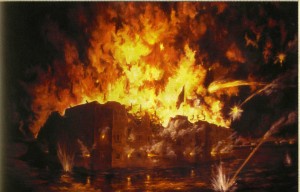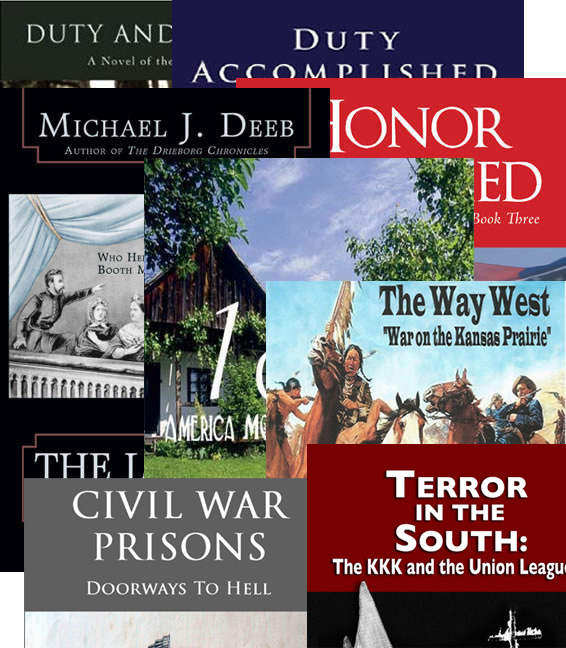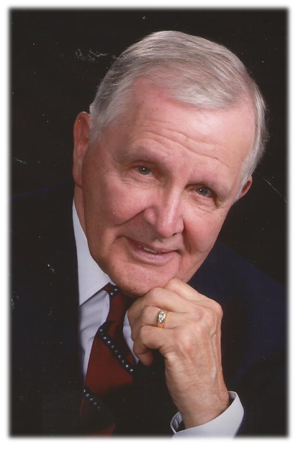Decision For War (Part Two)
At an April 9, 1861 cabinet meeting, President Jefferson Davis was warned by his Secretary of State Robert Toombs:
“The firing on that fort (Fort Sumter) will inaugurate a civil war greater than the world has ever seen. Mr. President, it is suicide, it is murder, and will lose us every friend in the North. You will wantonly strike a hornet’s nest which extends from the mountains to ocean and legions, now quiet, will swarm out and sting us to death. It is unnecessary; it puts us in the wrong. It is fatal.”
But, Lincoln had made it very clear that he did not recognize secession and would not give up any federal property. More specifically, he would not surrender Fort Sumter. In addition, he would do his sworn duty and collect import duties on goods bound for every United States port.
The president of the Confederate States of America and the majority of his cabinet believed it necessary to exert their sovereignty over property within their borders. Honor was at stake.
As expressed in the De Bow’s Review, ” … war is not the only, nor is it the greatest evil to which a people can be subjected. War is preferable to dishonor”
So, the strong warning made by Toombs was rejected. On the contrary, it was decided that if the Lincoln administration would not immediately surrender Fort S umter peacefully, it would be taken by force.
umter peacefully, it would be taken by force.
A telegram was therefore sent to General Beauregard the military commander in Charleston, South Carolina. He was instructed to take Fort Sumter by force if it was not surrendered peacefully.
The commander of the fort, Major Anderson, refused to surrender. So, in the early hours of April 12, 1861 a bombardment began. After thirteen hours of continuous firing, Fort Sumter was surrendered.
The headline in the New York Tribune announced:
THE RUBICON HAS BEEN CROSSED
Celebrations broke out throughout the South. The hostility between North and South had been building for many years. “The Republicans would not let us go in peace. So be it! We will settle it by war.”


 A Great Read! I couldn’t put this book down once I got started. The detail was great and I really like the main character, Michael. Knowing that so much research went into this book made it exciting to read!
A Great Read! I couldn’t put this book down once I got started. The detail was great and I really like the main character, Michael. Knowing that so much research went into this book made it exciting to read!